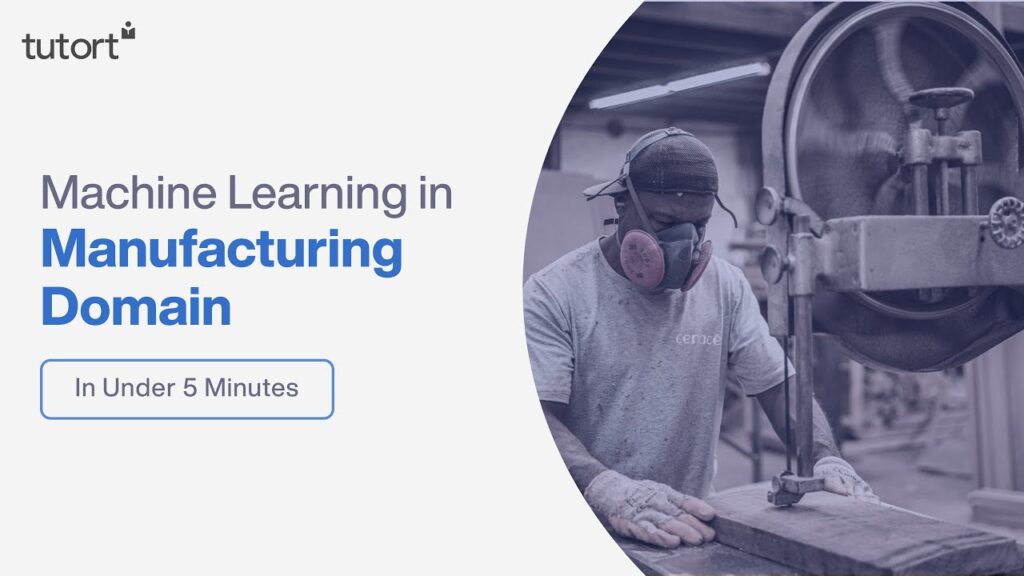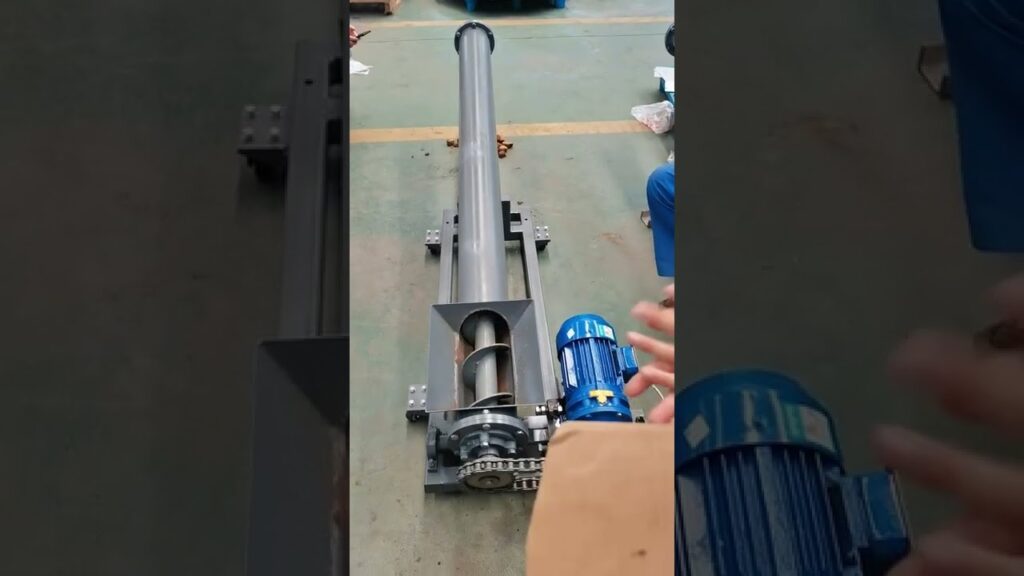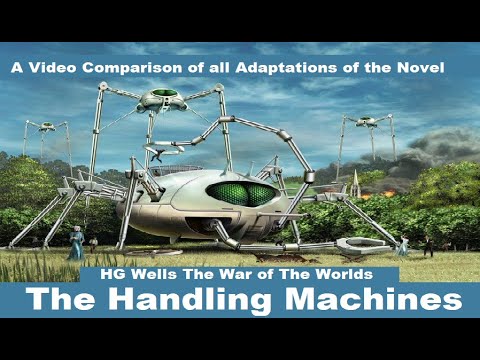The Manufacturing Industry and the Application of Machine Learning and Artificial Intelligence
Machine learning and artificial intelligence (AI) have become increasingly prevalent in various industries, revolutionizing the way tasks are carried out and improving overall efficiency. The Manufacturing Industry is no exception to this, with the utilization of AI and machine learning algorithms in Industrial Handling Machines. These intelligent systems have transformed traditional manufacturing processes, delivering enhanced precision, productivity, and cost-effectiveness.
Industrial Handling Machines are commonly used in manufacturing facilities, where they help in the transportation and manipulation of heavy materials and products. Traditionally, these machines were operated by human operators, which could lead to errors, inefficiencies, and safety concerns. However, with the integration of machine learning and AI, these machines have undergone a significant transformation.
Through the use of advanced algorithms, Industrial Handling Machines can now analyze large amounts of data, allowing them to make real-time decisions and adjustments. This ability to learn and adapt based on the information received greatly enhances their functionality and performance. Additionally, AI-powered machines can also predict potential issues and proactively take preventive actions, reducing downtime and maintenance costs.
One of the main applications of machine learning and AI in Industrial Handling Machines is predictive maintenance. By continuously monitoring various components and analyzing historical data, these machines can identify patterns and indicators of possible failure. This allows manufacturers to address maintenance issues before they escalate into more significant problems, saving both time and money.
The integration of intelligent systems in Industrial Handling Machines also enables more precise and accurate movements. Through machine learning algorithms, these machines can learn from past movements and optimize their performance over time. This leads to smoother operations, reduced errors, and improved overall efficiency. Additionally, AI-powered machines can also detect anomalies in movement patterns, such as sudden jerks or vibrations, and take corrective actions to ensure safe and reliable operation.
Furthermore, machine learning and AI in Industrial Handling Machines contribute to the optimization of the manufacturing process. These intelligent systems can analyze patterns in production data, identify bottlenecks, and suggest process improvements. By streamlining workflows and eliminating unnecessary steps, manufacturers can achieve higher productivity and cost-effectiveness. Additionally, AI-powered machines can also dynamically adjust their operations based on real-time demand and changes in production requirements, further enhancing flexibility and responsiveness.
In conclusion, the integration of machine learning and artificial intelligence in the Manufacturing Industry, particularly in Industrial Handling Machines, has revolutionized traditional manufacturing processes. The ability of these machines to learn, analyze data, and make real-time decisions is transforming efficiency, precision, and overall performance. From predictive maintenance to improved movement accuracy and process optimization, the applications of AI and machine learning in the Manufacturing Industry are vast and promising. As technology continues to advance, we can expect further advancements in the capabilities of Industrial Handling Machines and the overall manufacturing landscape as a whole.
Reference:
“[Industrial Handling Machine] How Manufacturing Industry use Machine Learning and Artificial Intelligence | Tutort Academy.” YouTube, uploaded by Tutort Academy, 19 Jan. 2022, www.youtube.com/watch?v=xxxxxxx.
Handling Machine
“Revolutionizing Manufacturing: Machine Learning and Artificial Intelligence’s Impact on Industrial Handling Machines | Tutort Academy”


